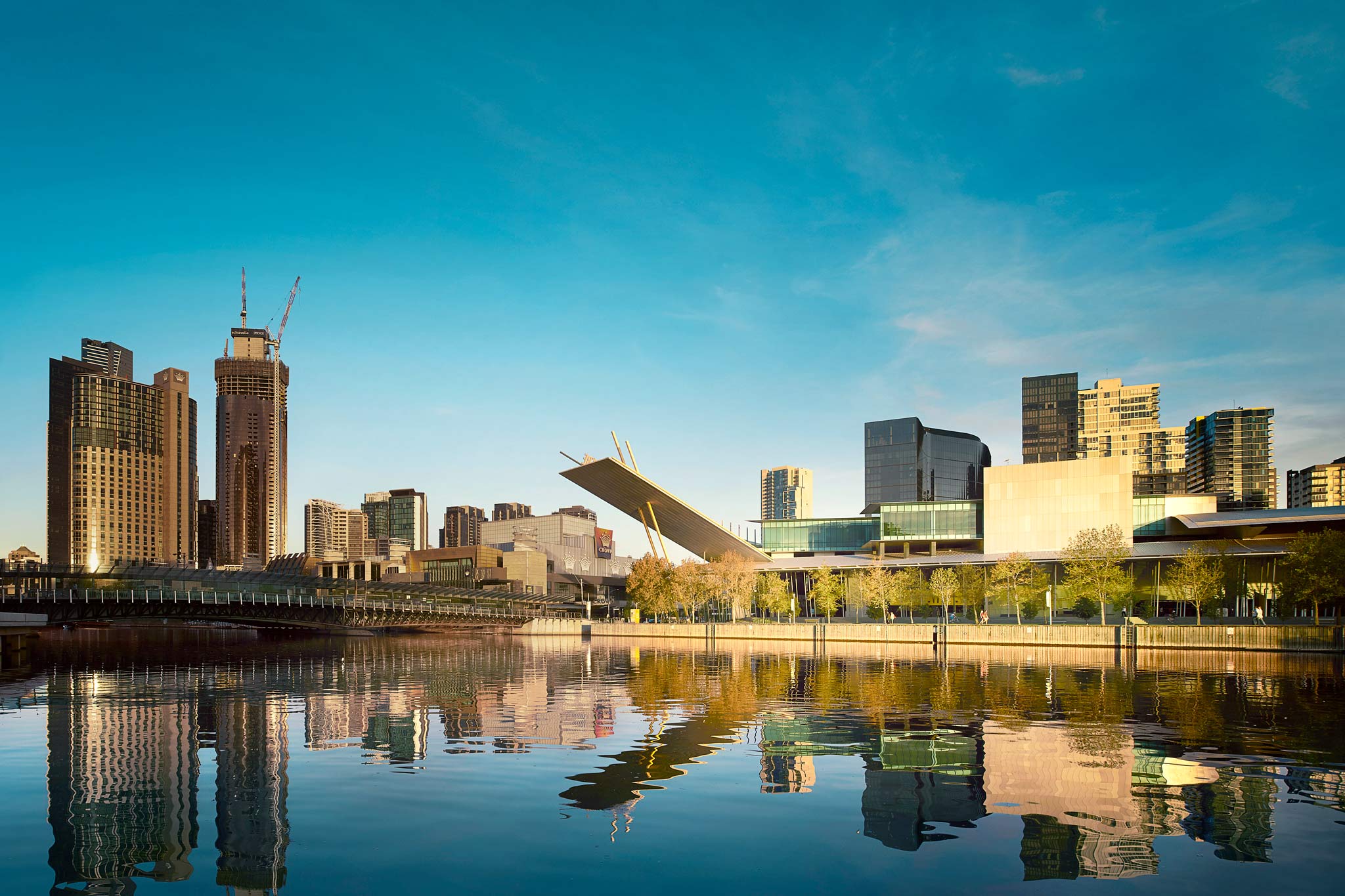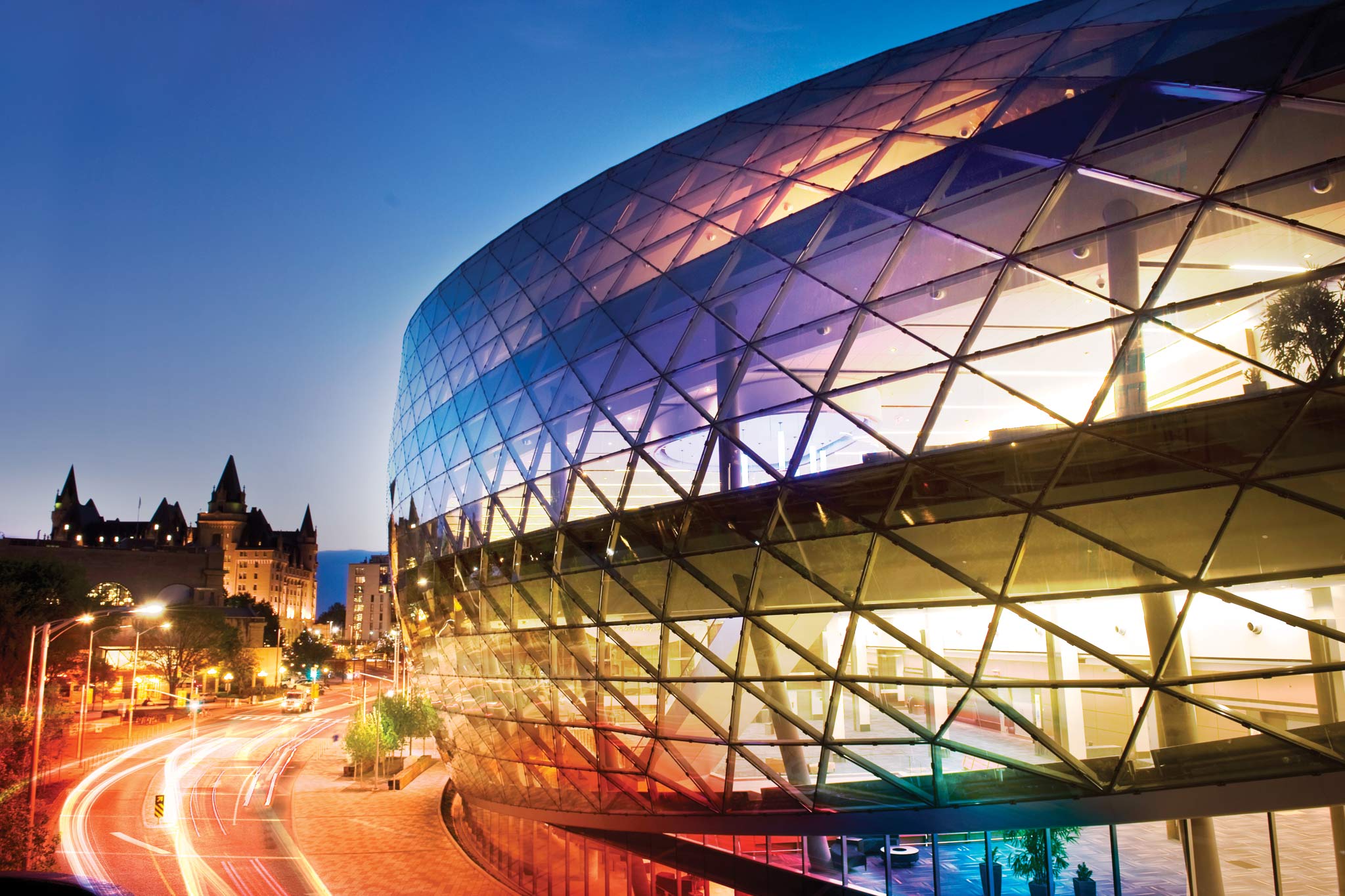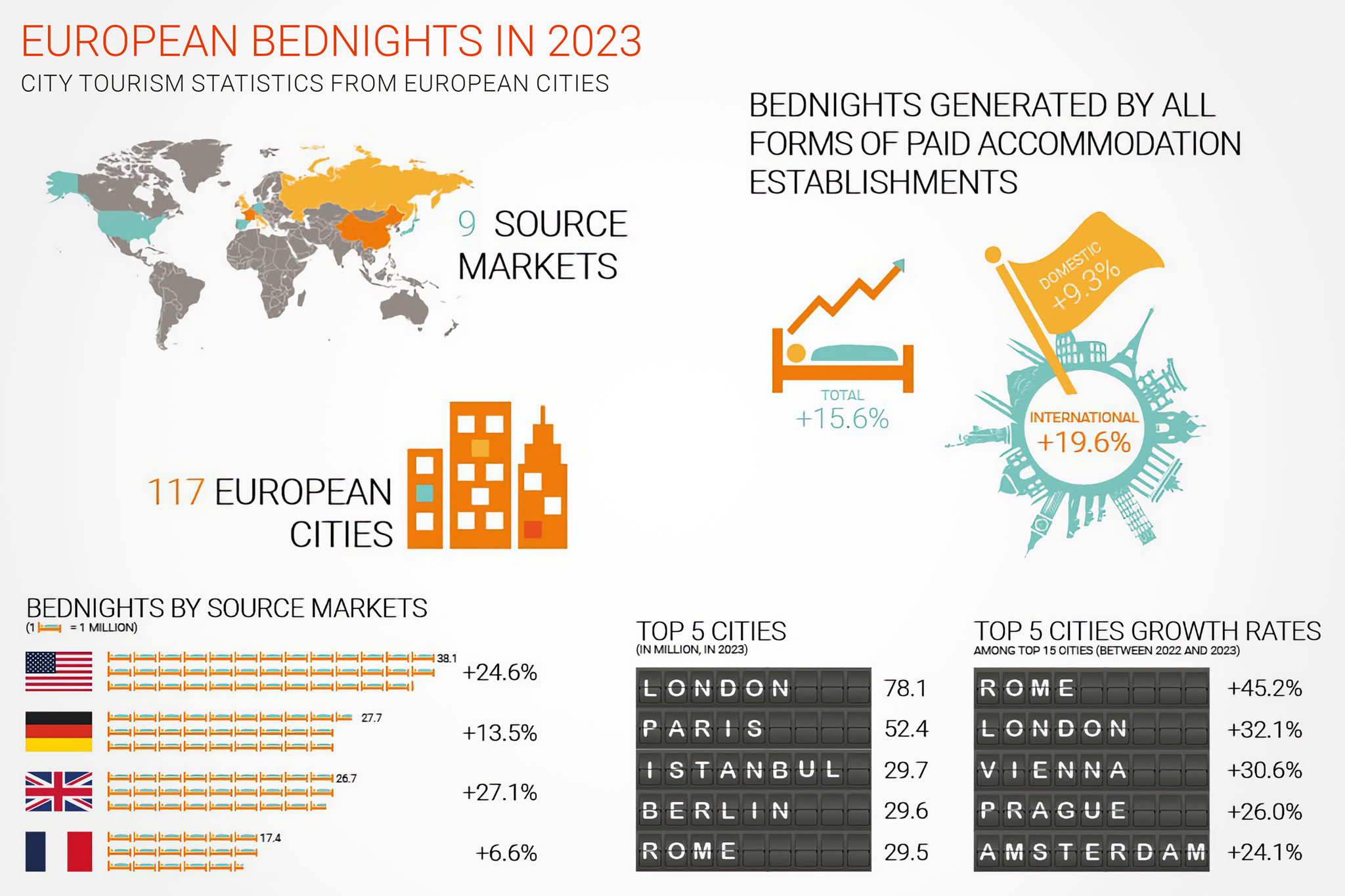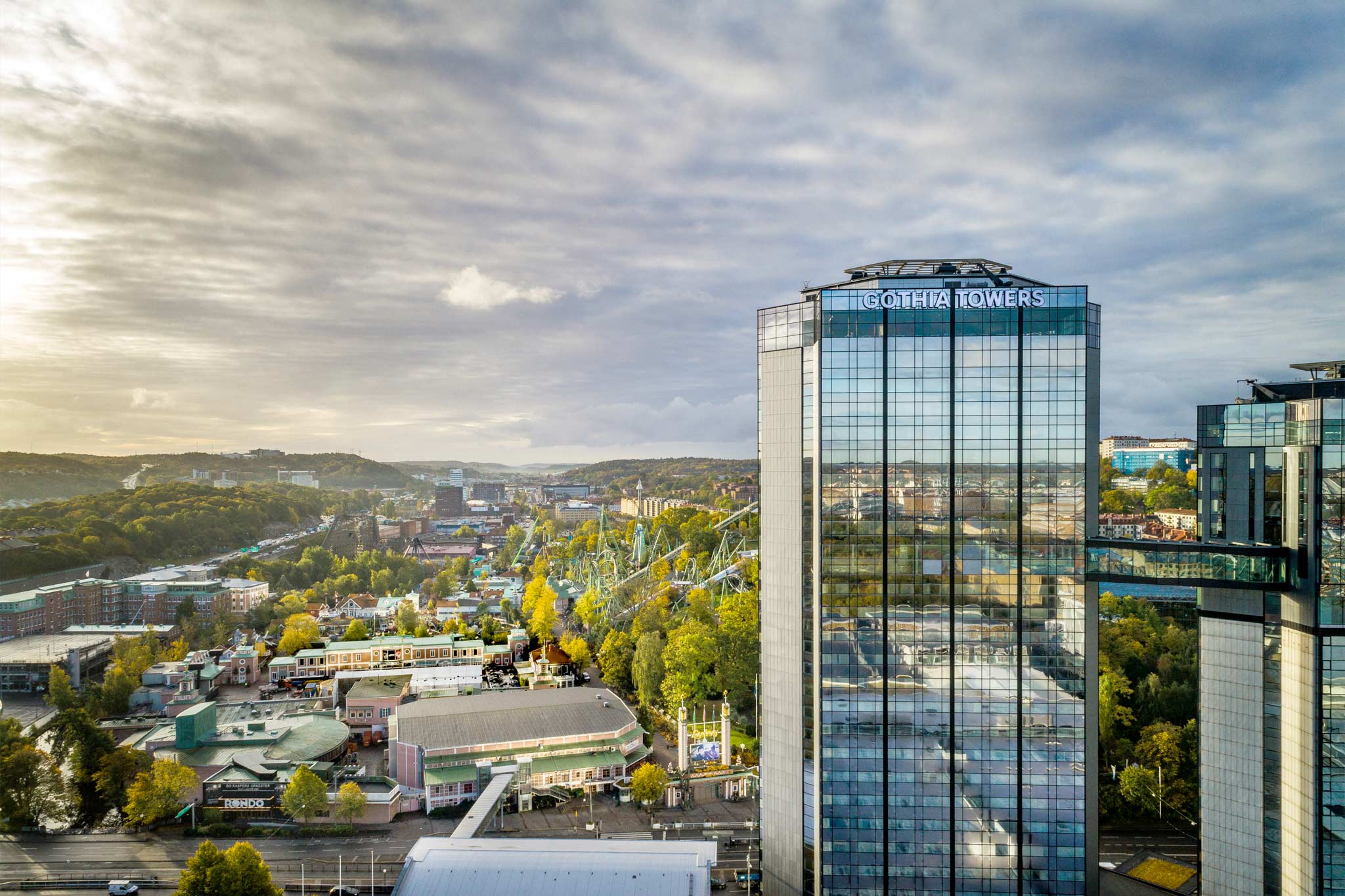Melbourne continues to lead the way as the preferred destination for medical conferences in Australia, with the Melbourne Convention Bureau securing a massive 48 medical events within the next five years.
Firmly placing Melbourne as a top global city for hosting conferences in the medical and healthcare sector, this impressive number of medical conferences is expected to attract 38,000 delegates to the city, an injection of $225 million to Victoria’s local economy, and tremendous legacy opportunities for investment, collaboration and medical breakthroughs into the future.
Melbourne Convention Bureau (MCB) Chief Executive Julia Swanson explained Melbourne’s global reputation as a powerhouse in medical research and innovation, combined with the Victorian Government’s investment in developing Melbourne’s innovative medical precincts, has contributed to the city’s success as a top global destination for hosting conferences in the medical and healthcare sector.
“Excellent infrastructure and joint collaborations between universities, research institutes and hospitals have created a city where the world’s brightest minds gather to inspire, innovate and create real change in world-leading research and development. When you host your conference in Melbourne, you are tapping into the strengths of our city’s world-class knowledge and innovation hub,” Julia Swanson said.
Melbourne has one of the largest and most innovative life science sectors in the world, with 40 per cent of Australia’s funding for medical research based in Melbourne, the highest proportion of people employed in the life sciences sector in Victoria, and the highest number of biotherapeutic companies in Australia.
Victoria’s commercial medical technologies and pharmaceuticals sector generates more than $12.7 billion in revenue, and the state’s life science sector is worth more than $35 billion. This is a significant indicator of Victoria’s leadership and influence and why Melbourne is an in-demand destination for global medical and healthcare conferences.
The upcoming Spine Intervention Society’s quadrennial SpineWeek in May is one of the 48 medical conferences coming to Melbourne and is expected to attract 2,250 delegates from across the globe and deliver around $14.7 million to the local economy.
Similarly, The International Congress of Genetics is expected to attract 3,000 delegates and deliver over $26.6 million to the local economy when it’s held in Melbourne this July. It’s a big win for the local accommodation sector, with over 19,000 room nights expected to be filled across just these two events alone.
However, the importance of events such as these is more than a one-off boost to the local economy, explained Julia Swanson. “Medical conferences provide opportunities for investment, collaboration and knowledge sharing, which can lead to significant breakthroughs in medical research and advancements in the healthcare sector,” she said.
Melbourne’s proven Team Melbourne approach, which brings together key partners from the city’s medical, academic and research sectors, has contributed to the city’s success in securing these major medical conferences.
With the Victorian Government investing in major infrastructure such as the Melbourne Biomedical Precinct, the nation’s most important life science cluster and one of only five of its calibre in the world, together with the state-of-the-art, $206 million Aikenhead Centre for Medical Discovery – Australia’s first collaborative, hospital-based biomedical engineering research centre set for completion in late 2024, Melbourne’s star as a top global destination for medical and healthcare business events shines brightly.





